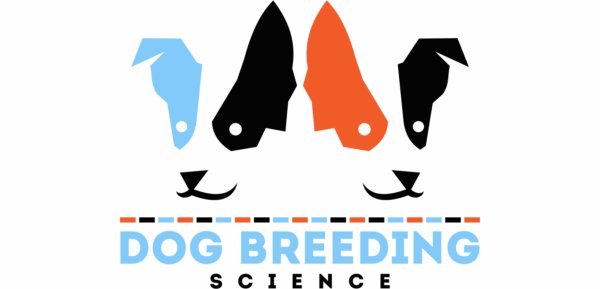Labrador hereditary nasal parakeratosis (HNPK)
Summary
Hereditary nasal parakeratosis (HNPK) is a skin condition affecting Labrador Retrievers. With HNPK, the skin on the nose becomes very dry, forming thick, crusty layers that can sometimes crack and get infected. Symptoms usually start appearing in young dogs (6 -12 months old). HNPK is not usually a serious health threat. Some dogs might have mild dryness, while others have more significant discomfort. It can change a dog's appearance and may require lifelong care.
Testing for the mutant form of the SUV39H2 gene which causes HNPK may help you with breeding choices.
HNPK is an autosomal recessive disorder. Autosomal disorders are equally likely to affect male or female dogs. "Recessive" means that a dog must inherit the mutant form of the gene from both its parents to be affected. Dogs with one copy of the gene will not be affected by HNPK. However, they could pass the gene on to offspring.
Gene or region and technical reference
Gene: SUV39H2 (causative). Reference: Jagannathan et al., 2013
Reported alleles
n. Test developed using artificial DNA, animal controls.
HNPK. Test developed using artificial DNA.
Panels: groups of tests that are often ordered together
This test is not in any panels.
